Since the Windsor Framework deal was announced, the idea that a dual regulatory regime might be part of a solution that gets the DUP back into Stormont, seems to have gained some traction.
The principle was put forward in June 2022 by the UK government as part of the NI Protocol Bill introduced at Westminster. Under the proposal, NI businesses would be able to choose whether they complied with UK or EU law when supplying goods. Only those who produce to EU law would be able to trade freely in all directions.
In theory, a dual regime might appease those adamant that foreign law (made by the EU) must not apply in NI. And given that nearly 50% of agri-food sales are in Britain, with just under one-quarter in NI, the logic is that most companies would want to follow UK rules.
But agri-food is different to other manufacturing businesses that tend to assemble goods. The industry splits carcases or processes milk into different cuts or products that are then sold to the highest paying market.
Nearly one-quarter of all our sales are to the EU (including ROI) and in the dairy industry this rises to around 35%, not including raw milk taken south for processing. Even if a dual regulatory regime applied, we would have no choice but to produce to EU standards.
It remains the case that the best solution is for the UK and EU to align on rules around agri food. Unfortunately, under the current Tory government that is politically unacceptable for fear it might limit ability to do trade deals elsewhere.
Next up seems to be an agreement in principle to join the Trans-Pacific Partnership (CPTPP), a trading bloc of 11 countries including Australia, New Zealand, Japan, Chile, Mexico and Canada. Despite all the political spin, joining CPTPP will bring limited economic gain. The key question is what will the UK give up in terms of its food market to secure a place at this table?
Read more
How will UK trade agreements affect Irish farmers?
UK ‘gave away’ too much to Australia, says Eustice
Since the Windsor Framework deal was announced, the idea that a dual regulatory regime might be part of a solution that gets the DUP back into Stormont, seems to have gained some traction.
The principle was put forward in June 2022 by the UK government as part of the NI Protocol Bill introduced at Westminster. Under the proposal, NI businesses would be able to choose whether they complied with UK or EU law when supplying goods. Only those who produce to EU law would be able to trade freely in all directions.
In theory, a dual regime might appease those adamant that foreign law (made by the EU) must not apply in NI. And given that nearly 50% of agri-food sales are in Britain, with just under one-quarter in NI, the logic is that most companies would want to follow UK rules.
But agri-food is different to other manufacturing businesses that tend to assemble goods. The industry splits carcases or processes milk into different cuts or products that are then sold to the highest paying market.
Nearly one-quarter of all our sales are to the EU (including ROI) and in the dairy industry this rises to around 35%, not including raw milk taken south for processing. Even if a dual regulatory regime applied, we would have no choice but to produce to EU standards.
It remains the case that the best solution is for the UK and EU to align on rules around agri food. Unfortunately, under the current Tory government that is politically unacceptable for fear it might limit ability to do trade deals elsewhere.
Next up seems to be an agreement in principle to join the Trans-Pacific Partnership (CPTPP), a trading bloc of 11 countries including Australia, New Zealand, Japan, Chile, Mexico and Canada. Despite all the political spin, joining CPTPP will bring limited economic gain. The key question is what will the UK give up in terms of its food market to secure a place at this table?
Read more
How will UK trade agreements affect Irish farmers?
UK ‘gave away’ too much to Australia, says Eustice




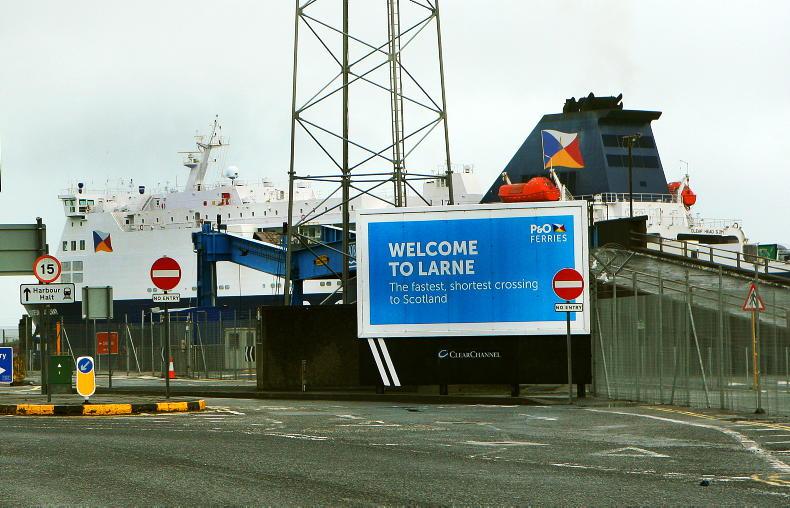
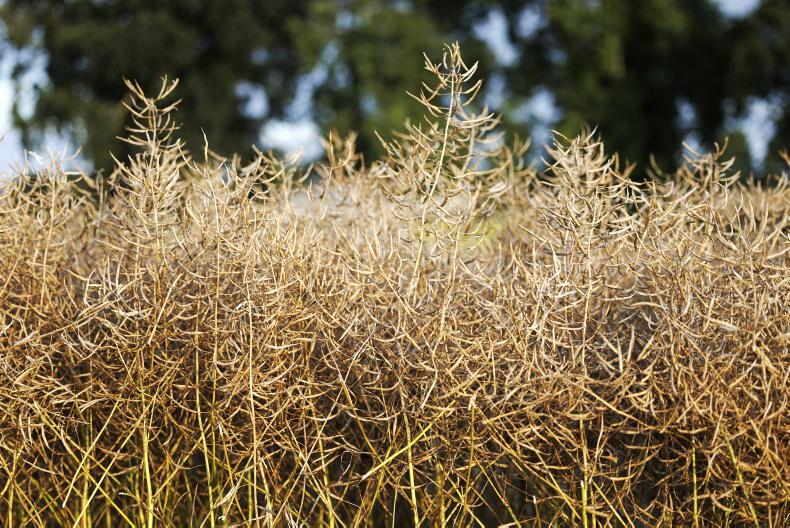

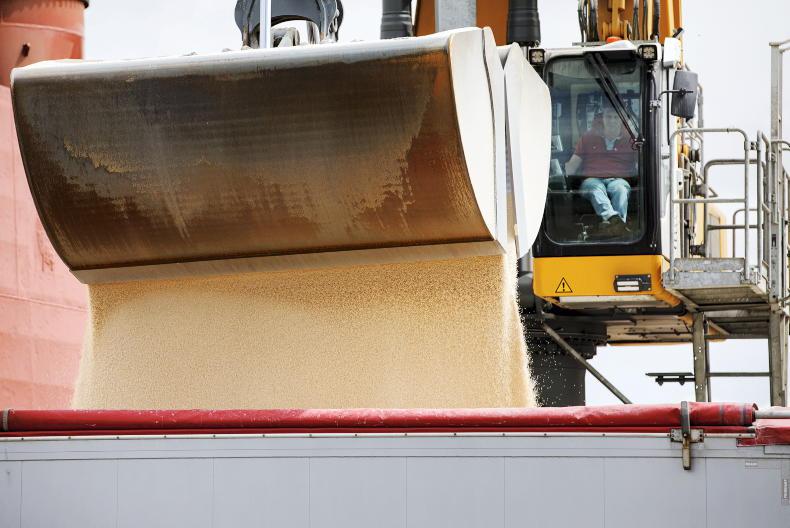
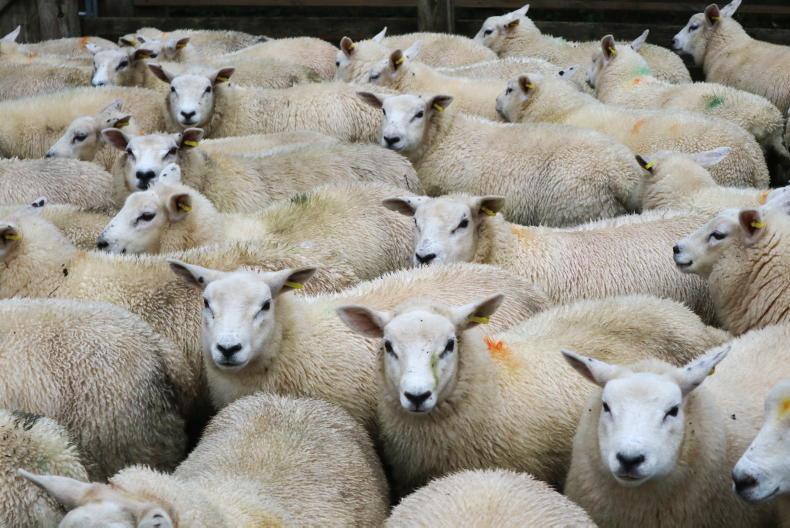
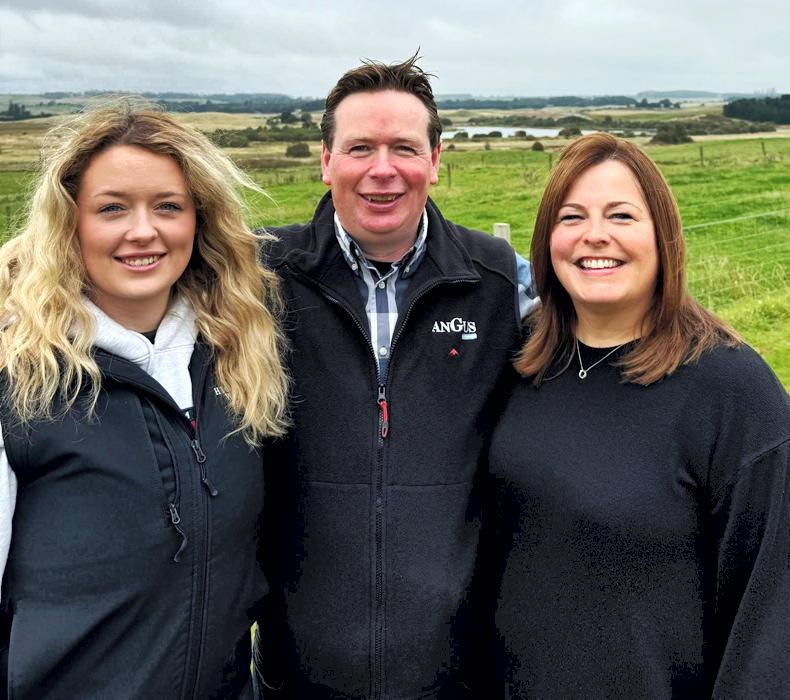
SHARING OPTIONS